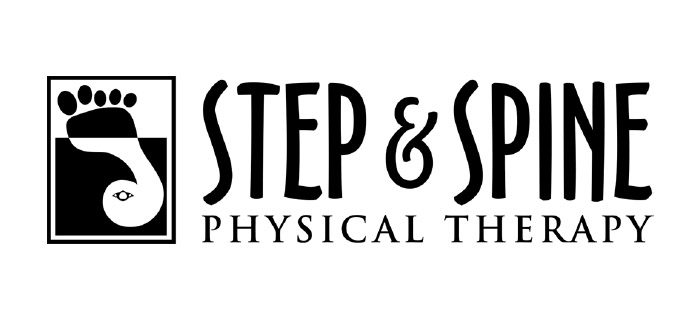Central Oregon has not seen a decline in the number of concussion cases since COVID-19 restrictions began in March. Travel restrictions have forced many to recreate locally, and despite limitations on team based contact sports, individual outdoor sports continue to contribute substantially to head injuries and concussions in the region.
“I had my bell rung but was always able to bounce back,” said Kurt. “Because I always bounced back, I never knew I needed to seek care for this.”
Kurt is referring to the latest concussion he experienced while mountain biking. With the push of his wife, Kurt sought help for his unrelenting symptoms. He began seeing Laura Ahmed, PT, DPT, for rehabilitation. Laura was able to identify his problems, which included focusing issues at work, constant headaches, dizziness and an inability to exercise. She prescribed a treatment program that quickly helped him feel better and get back to doing the things he loved, albeit with a little more caution.
“When evaluating someone with a concussion, I perform tests across multiple domains to help rule in and out problems,” said Laura. “Doing so allows me to individualize my treatment plan to the therapies that will be most beneficial.”
“Often, I find that when people have a concussion, they pull back from activities, which aligns with the old school of thought that you completely rest until concussion symptoms go away,” said Laura.
Fear prevents action.
“A total restriction of activity is not usually recommended,” said Laura. “Working with these patients to help them incorporate safe activities is critical for recovery.”
Delaying treatment for a concussion can lead to quality of life issues and can lengthen recovery duration. Laura’s recommendation: if your symptoms continue beyond 7-14 days, it is time to be evaluated by a concussion specialist.
“Start the process,” said Laura. “There is a pretty quick turnaround if you identify what needs to be treated.”
But even if it has been years since the concussion occurred, if symptoms persist, recovery is possible. It is okay to get tested to determine if symptoms are related to the concussion or something else. Some insurances require a referral, while others don’t.
The treatment boils down to identifying what issues remain and the goals of the patient. That’s why concussion experts like Laura screen for post-concussive problems and evaluate patients for general health and wellness issues. Sometimes the symptoms are related to something entirely different, and getting to the bottom of the problem will put a person on the road to recovery and a better quality of life.
Physical therapists often don’t treat concussion patients alone. Depending on the needs of the patient, other experts are often brought in to help. In addition to a person’s Physician, this may include, but is not limited to, speech therapy, NeuroOptometry and vision therapy and Psychology, all of whom are important for an interdisciplinary approach. And while COVID has caused some issues with access to some providers, treatment is still available in other areas.
“Even amid a pandemic, the interdisciplinary team is working together to get patients better,” said Laura.
And that is enough to start.





